The Supreme Court & Precedent
Consider landmark decisions that could be overturned & their implications for American politics.
July 28–August 2, 2024
Washington, DC
In the Declaration of Independence, our founding generation announced our unalienable rights, and further recognized that “to secure these Rights, Governments are instituted among Men, deriving their just Powers from the Consent of the Governed.” Soon they would write and ratify a Constitution “to form a more perfect Union, establish Justice, insure domestic Tranquility, provide for the common defence, promote the general Welfare, and secure the Blessings of Liberty to ourselves and our Posterity.” Finally, they elected President Washington and the first Congress, who would build institutions to actually administer our Constitution.
In short, America’s founding required ideas and institutions—and statesmen and citizen capable of both. It also required an unprecedented era of constitutional conversation among Americans, and between the United States and the world. That is the purpose of this course: pursuing a deeper understanding of our Constitution by studying the intellectual and political debates surrounding its founding, from the original ideas to the original institutions.
Image: United States Capitol (“Federal Capitol”) Floor Plan, Library of Congress
Adam White discusses the Supreme Court in American Law & Politics
This course is part of our Constitutional Studies Program. Fellows should expect to spend the morning in seminar; afternoons and some evenings will be devoted to guest speaker sessions and other class activities. All fellows receive residential accommodations and a $500 stipend to offset travel and living expenses.
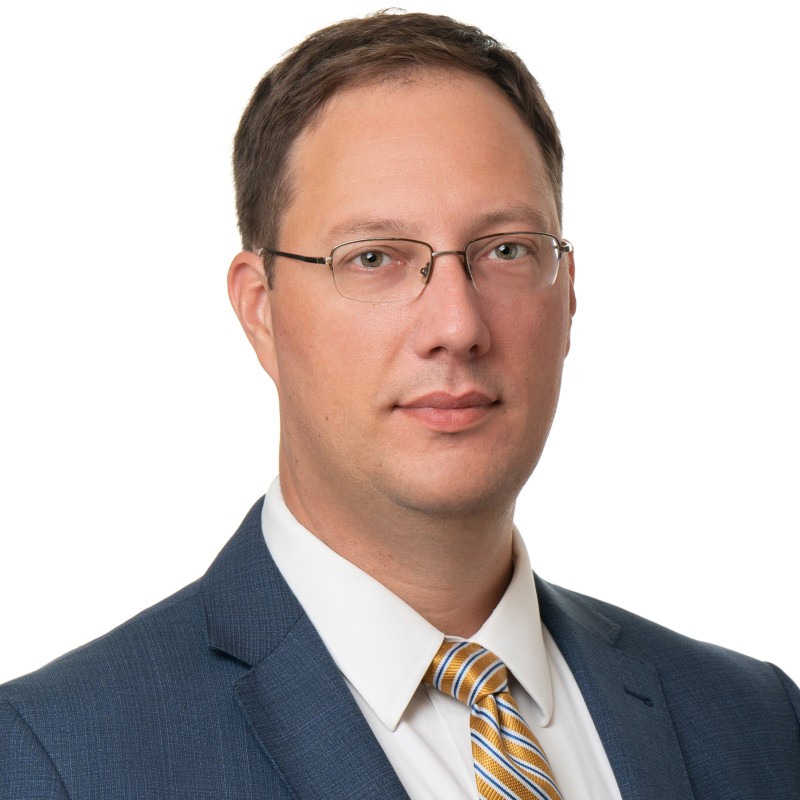
Adam J. White is the Laurence H. Silberman Chair in Constitutional Governance and senior fellow at the American Enterprise Institute, where he focuses on the Supreme Court and the administrative state. Concurrently, he codirects the Antonin Scalia Law School’s C. Boyden Gray Center for the Study of the Administrative State.

Adam J. White is the Laurence H. Silberman Chair in Constitutional Governance and senior fellow at the American Enterprise Institute, where he focuses on the Supreme Court and the administrative state. Concurrently, he codirects the Antonin Scalia Law School’s C. Boyden Gray Center for the Study of the Administrative State.
Mr. White practiced constitutional and administrative law, particularly in the regulation of energy and financial markets. He started his legal career as a law clerk for Judge David B. Sentelle at the US Court of Appeals for the DC Circuit.
Mr. White has testified often before Congress, including before the Senate’s Committees on the Judiciary; Commerce, Science, and Transportation; and Homeland Security and Governmental Affairs and before the House’s Judiciary and Financial Services Committees. In 2018, the Senate Committee on the Judiciary called him to testify in Brett Kavanaugh’s Supreme Court confirmation hearings to advise senators on Kavanaugh’s approach to administrative law.
In 2021, he served on the Presidential Commission on the Supreme Court of the United States, where he criticized “Court packing” and other efforts to restructure the Supreme Court. In 2017, he was appointed to serve on the Administrative Conference of the United States. He also serves on the leadership council for the American Bar Association’s Administrative Law and Regulatory Practice Section, which he will chair in 2023–24. Before joining AEI, he was a research fellow at Stanford University’s Hoover Institution and an adjunct fellow at the Manhattan Institute.
Mr. White has a JD from Harvard Law School and a bachelor of business administration from the College of Business at the University of Iowa.
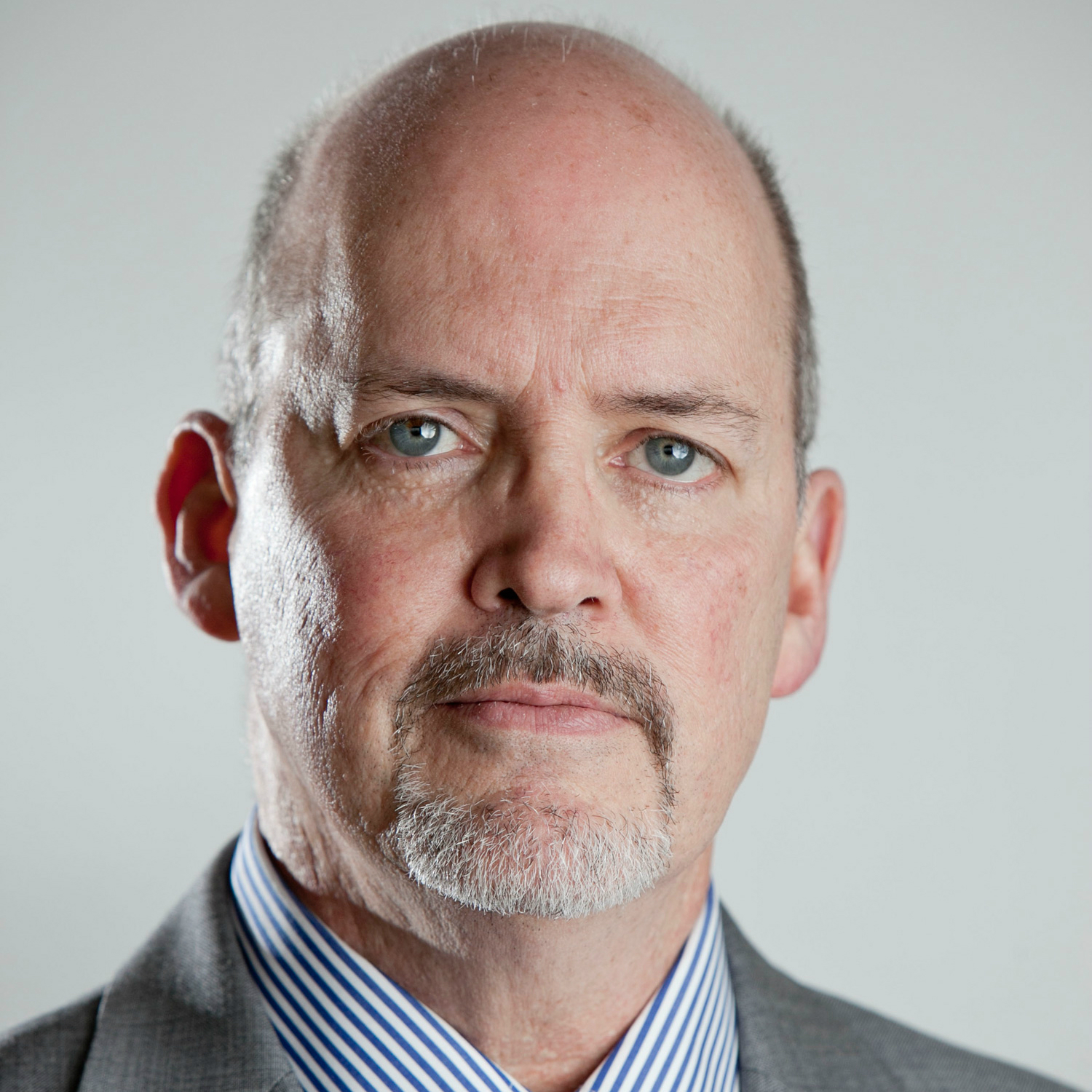
Gary J. Schmitt is a senior fellow in the Social, Cultural, and Constitutional Studies program at the American Enterprise Institute (AEI), where he studies issues related to the American presidency, the U.S. constitution and its principles, and American civic life.

Gary J. Schmitt is a senior fellow in the Social, Cultural, and Constitutional Studies program at the American Enterprise Institute (AEI), where he studies issues related to the American presidency, the U.S. constitution and its principles, and American civic life. Dr. Schmitt also writes on national security topics.
A former minority staff director of the US Senate Select Committee on Intelligence, Dr. Schmitt was executive director of the President’s Intelligence Advisory Board (then known as the President’s Foreign Intelligence Advisory Board). Before joining AEI, he was executive director of the Project for the New American Century.
Dr. Schmitt is the author, coauthor, editor, and coeditor of many books. In the area of civics and constitutional studies, his books include “McCulloch v. Maryland at 200: Debating John Marshall’s Jurisprudence” (AEI Press, 2020); “The Imperial Presidency and the Constitution” (Rowman & Littlefield, 2017); “Is Congress Broken? The Virtues and Defects of Partisanship and Gridlock” (Brookings Institution Press, 2017); “The Professions and Civic Life” (Lexington Books, 2016); and “Trendsetting Charter Schools: Raising the Bar for Civic Education” (Rowman & Littlefield, 2015).
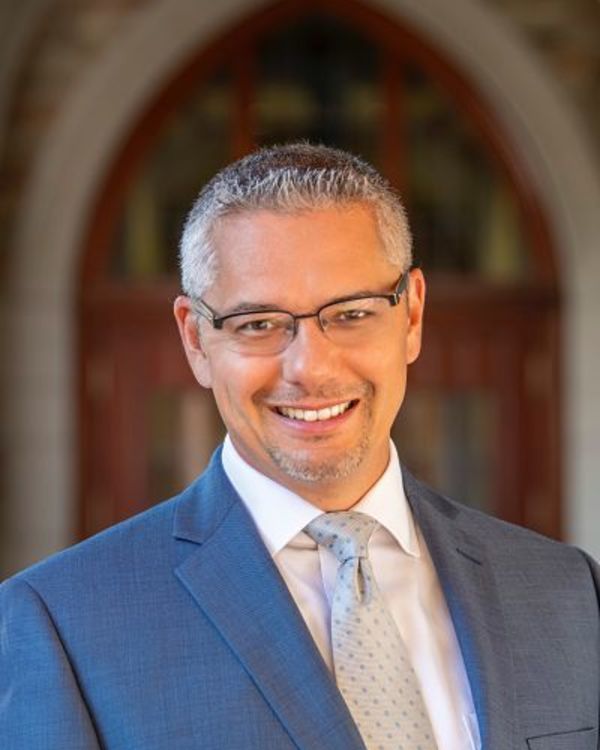
Vincent Phillip Muñoz is the Tocqueville Professor of Political Science and Concurrent Professor of Law at the University of Notre Dame.

Vincent Phillip Muñoz is the Tocqueville Professor of Political Science and Concurrent Professor of Law at the University of Notre Dame. He is the Founding Director of ND’s Center for Citizenship & Constitutional Government.
Dr. Muñoz writes and teaches across the fields of constitutional law, American politics, and political philosophy with a focus on religious liberty and the American Founding. He won a National Endowment for the Humanities fellowship to support his most recent book, Religious Liberty and the American Founding: Natural Rights and the Original Meanings of the First Amendment Religion Clauses (2022), published by the University of Chicago Press.
An award-winning teacher and a popular lecturer, Dr. Muñoz has spoken at nearly 100 colleges and universities in the past several years. He received his B.A. at Claremont McKenna College, his M.A. at Boston College, and his Ph.D. at Claremont Graduate School.
Readings:
Discussion Questions:
Readings:
Discussion Questions:
Readings:
Readings:

Adam J. White
Adam J. White is the Laurence H. Silberman Chair in Constitutional Governance and senior fellow at the American Enterprise Institute, where he focuses on the Supreme Court and the administrative state. Concurrently, he codirects the Antonin Scalia Law School’s C. Boyden Gray Center for the Study of the Administrative State.

Ryan P. Hanley
Ryan Patrick Hanley is Professor of Political Science at Boston College. His research in the history of political philosophy focuses on the Enlightenment. He is the author of Our Great Purpose: Adam Smith on Living a Better Life and Love’s Enlightenment: Rethinking Charity in Modernity.

Daniel Burns
Daniel Burns is Associate Professor of Politics at the University of Dallas. His research in political philosophy focuses on the relation between religion and citizenship. He has recently served as a staffer for the U.S. Congress Joint Economic Committee and as a full-time contractor for the U.S. Department of Health and Human Services.
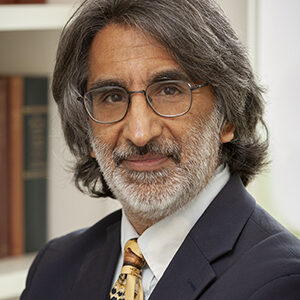
Akhil Reed Amar
Akhil Reed Amar is Sterling Professor of Law and Political Science at Yale University, where he teaches constitutional law in both Yale College and Yale Law School. He is Yale’s only currently active professor to have won the University’s unofficial triple crown — the Sterling Chair for scholarship, the DeVane Medal for teaching, and the Lamar Award for alumni service. He hosts a weekly podcast, Amarica’s Constitution.

Diana Schaub
Diana Schaub is a nonresident senior fellow at the American Enterprise Institute (AEI), where her work is focused on American political thought and history, particularly Abraham Lincoln, Frederick Douglass, African American political thought, Montesquieu, and the relevance of core American ideals to contemporary challenges and debates. Concurrently, she is Professor Emerita of Political Science at Loyola University Maryland, where she taught for almost three decades.
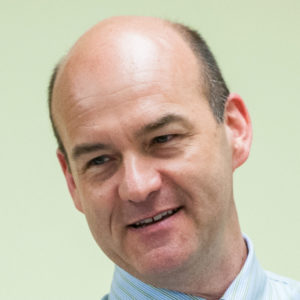
Robert C. Bartlett
Robert C. Bartlett is the Behrakis Professor of Hellenic Political Studies at Boston College. His principal area of research is classical political philosophy, with particular attention to the thinkers of ancient Hellas, including Thucydides, Plato, and Aristotle. He is the co-translator of a new edition of Aristotle’s Nicomachean Ethics.